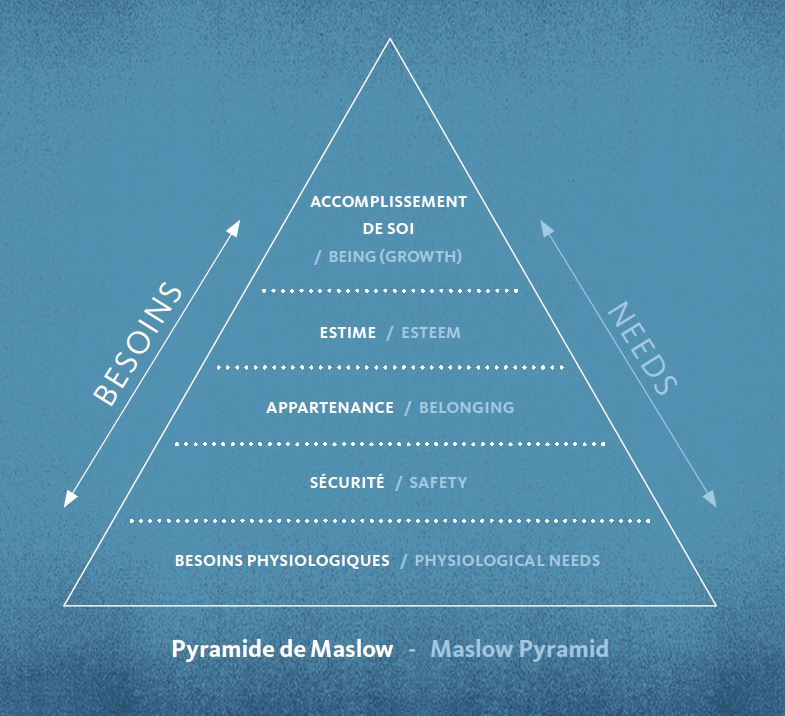It is well known that one trend can hide another. From the temptation of washing to the more recent but very real pitfall of bashing, arguments with societal resonance occupy all the communicators' attention. This is hardly surprising because the corporate promotion of virtuous commitments is a high-risk balancing act, which we propose to unravel here!
In the all-digital age, our perception of truth is continuously challenged by the proliferation of information. Each day brings its share of fake news, rumours and conspiracy theories, with growing scepticism and indicators of low trust in the media, politics or companies. According to the Edelman Trust barometer in 2019, only 51% of the world's population trusted businesses (a score still higher than the media and governments' one with 43%!). The COVID crisis will certainly not improve the observation and even seems to tend to heighten mistrust against the current economic system, globalisation in particular.
Facing an increasingly sceptical public opinion, ensuring social and ecological credibility is proving to be a necessary operation for companies. Moreover, 73% of global consumers believe that organisations can increase their profits while improving the social and economic conditions of the communities in which they operate. They now consider that companies must take explicit positions on societal issues and keep their commitments.
To trivially sum up the customer posture, you can't fool them anylonger. Today, still according to the Edelman Trust barometer, 67% of global consumers agree that "a good reputation can make them try a product, but without trust in the company behind the product, they will quickly stop buying it".
While this trend is valid for all population segments, expectations are even higher amongst the youngest members of the population. The new generations have a keen eye for marketing techniques and are less sensitive to traditional commercial approaches. Their decisions are guided above all by authenticity and transparency; they logically hold companies responsible for the coherence between what they say and what they do. Indeed, we have to remember that the millennials, leaders of these global trends, represent 50% of the world's working population today and no less than 75% in 2025.
Valuing commitments therefore becomes a delicate and complex subject for a company. Indeed, there are many pitfalls on the virtuous road to hyper-transparency, both an ultimate achievement for companies and a new requirement from citizen-consumers. To stay in the race, the temptation to follow the trend and constantly adapt the message and the positioning is strong. "Riding the wave" of societal concerns can be a trigger for some companies that seize an opportunity to evolve, and others only use the positive image that these concepts convey without making any real effort internally. The result can be devastating, with possible "boomerang effects"; and generally speaking, these practices threaten the genuine efforts made by the companies most committed to responsible approaches.
Welcome to the murky world of "washing", a generic term used to describe the multifaceted drifts of corporate communication. Whether it is the well-known "greenwashing", "wokewashing" (false social awakening), "good-washing" (false promotion of the common well-being) or "purposewashing" (fake reason for being), washing points out the inconsistencies between communications and actions, especially when an organisation's values are highlighted to make the reality more attractive to sell more. In such cases, washing is the cover for failing management to "dress up" a company's results according to strategic needs.
But beware, public tolerance is no longer what it used to be and the ability to decode the asymmetries between discourse and execution is growing. The backlash can be violent towards reactive online activism and a virality that quickly risks turning hostile. Doing the opposite and taking an interest in washing practices can be instructive. How can the societal commitments of economic players be made credible, beyond the marketing leverage and advertising effects?
To be read also in the dossier "From Washing to Cold Shower" :



